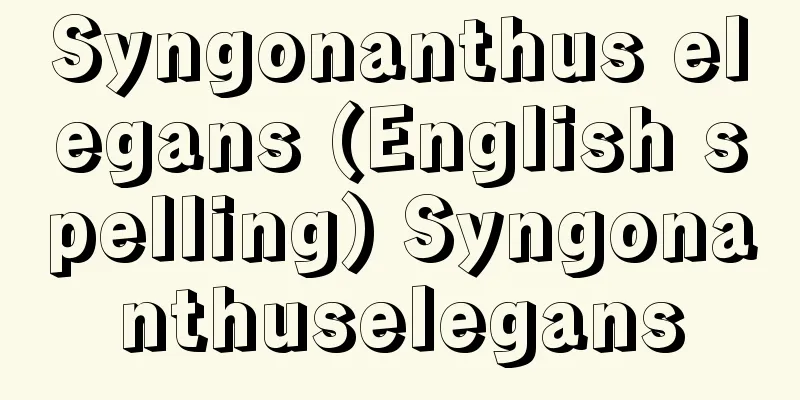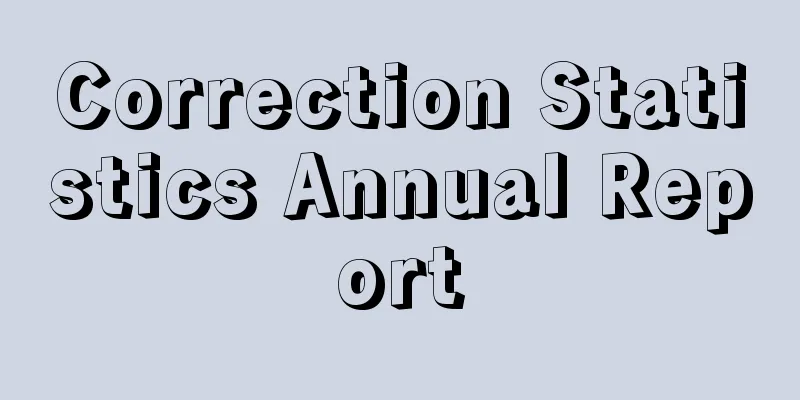Fault liability principle

|
This refers to the legislative principle that "if one does not intend or negate, he or she will not be liable for damages even if the result of one's actions causes damage to another person." Historically, the principle of responsibility (cause principle) took precedence because it was considered that one was responsible for the results of the tortious act regardless of the presence or absence of negligence, but after the late Roman period (especially the Byzantine period), the concept of negligence was gradually clarified, and the principle of negligence liability was established. Under modern civil law, the principle of negligence liability is more or less at the core (Article 709 of the Japanese Civil Code) and has become one of the principles of modern civil law. The function of the principle of negligence liability in modern law is to guarantee the free activity of individuals, that is, to ensure free competition. This is because individuals can act freely without fear of liability for damages as long as they exercise the necessary duty of care as normal people. However, in the second half of the 20th century, with the development of modern companies, the development of high-speed transportation, and the increase in environmental pollution (pollution) due to the use of nuclear power, the contradictions and limitations of the principle of negligence liability became clear, and in these areas, the principle of no-fault liability (disaster compensation, mining damage compensation, etc.) which requires compensation for damages regardless of the presence or absence of negligence has developed. [Takahisa Awaji] [Reference item] | |Source: Shogakukan Encyclopedia Nipponica About Encyclopedia Nipponica Information | Legend |
|
「故意または過失がなければ、自己の行為の結果、他人に損害を与えても損害賠償責任を負わない」とする立法上の原則をいう。歴史的には、過失の有無を問わず加害行為の結果について責任を負うこととされていたから、責任主義(原因主義)が先行するが、ローマ時代後期(とくにビザンティン期)以後しだいに過失概念が明確化され、過失責任主義が成立していった。 近代市民法の下では、過失責任主義が多かれ少なかれその中核とされ(日本の民法709条)、近代市民法の原理の一つとなっている。 近代法における過失責任主義の機能は、個人の自由な活動の保障、すなわち自由競争の確保にある。なぜなら、個人は、通常人として必要な注意義務さえ果たせば、損害賠償責任のおそれなしに自由に活動できるからである。しかし他方、20世紀後半になると、近代企業の発展、高速度交通機関の発達、原子力の利用などによる環境汚染(公害)が進むに伴い、過失責任主義はその矛盾・限界が明らかとなり、これらの領域では、過失の有無にかかわらず損害を賠償させる無過失責任主義(災害補償、鉱害賠償など)が発展してきている。 [淡路剛久] [参照項目] | |出典 小学館 日本大百科全書(ニッポニカ)日本大百科全書(ニッポニカ)について 情報 | 凡例 |
Recommend
Pulsatilla quinata - Pulsatilla quinata
A perennial plant of the Ranunculaceae family that...
Tit‐Bits
A British popular weekly newspaper founded in Manc...
Washi paper - Washi
This refers to handmade paper made in Japan. It i...
Japan-Soviet Joint Declaration
The Joint Declaration between Japan and the Union...
Rhyme - Kan'in
〘Noun〙 A method of rhyming in Chinese poetry. In a...
Guo Wei (English spelling)
[Live] Tenyu 1(904).7.28. Hebei, Gyoshu Yaosan [Di...
smack
…His real name was James Fletcher Henderson. He w...
Kimon
It refers to the direction of Ushitora, or the no...
Daimaru [Hot Springs] - Omaru
This hot spring is located in the valley of the Sh...
Huangzhou - Huangzhou
A town in the northwest of North Hwanghae Province...
Merritt, B.
... In terms of plays, the equivalent of Lawson i...
Fukuo's Autobiography - Fukuojiden
This is Fukuzawa Yukichi's autobiography, one...
Prasannapada (English spelling)
…Based on this, it is said that truth is expresse...
Eruption - eruption
A phenomenon in which liquid and solid materials ...
eikonal (English spelling)
In geometric optics, a function that gives the pat...









